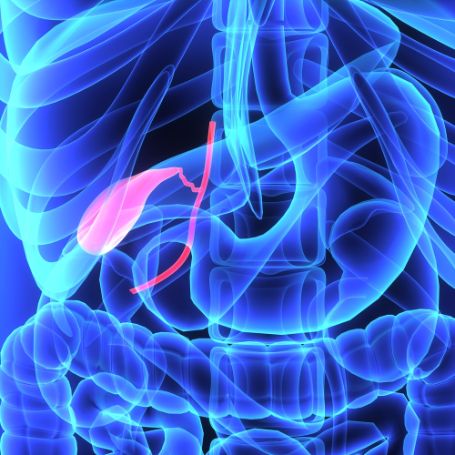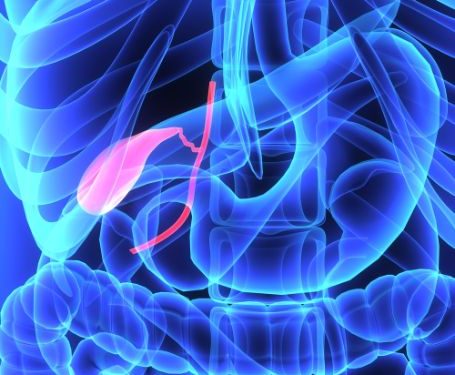Symptoms of bile duct cancer depend on the type and stage of the disease. Early diagnosis and treatment of bile duct cancer can increase your chance of a good outcome. Other health conditions can also cause similar symptoms.
Jaundice: The whites of the eyes and the skin become yellow. This happens when the bile ducts can’t get rid of the bilirubin that is in the bile. The bilirubin can then back up into the bloodstream and settle in different parts of the body. This can lead to a condition called liver disease.
This can make you feel very tired or weak. You may also lose appetite or have weight loss. Other symptoms of bile duct cancer include pain in the abdomen and a change in the amount of urine. You may also develop a condition called abdominal pain that comes and goes.
The doctor will check your physical appearance and your health history to determine if you have bile duct cancer. The doctor will also take a sample of your bile ducts and nearby organs to check for signs of the cancer. Tests to measure the levels of bilirubin and alkaline phosphatase in your blood are also used.
If the doctors find a tumor, they will examine it to see if it is cancerous and how big it is. The doctor may need to take a biopsy of the tumor to remove a small piece of tissue so it can be examined under a microscope in the lab. The biopsy helps confirm the diagnosis and will help your doctor decide on a treatment plan.

Screening tests: These are done to check for bile duct cancer in people who don’t have any symptoms or have symptoms that may not be related to the bile ducts. These tests don’t usually lead to a diagnosis of bile duct cancer, but they can help your doctor rule out other conditions that may have similar symptoms, such as gallstones or infection with the Chinese liver fluke parasite.
Surgery: Surgical removal of the bile duct, lymph nodes, and other areas affected by the cancer is a treatment option. This treatment can help prevent recurrence of the disease or reduce the size of the cancer so it is easier to treat. If the cancer is in an area that can’t be removed by surgery, doctors may recommend palliative therapy. This includes medicines and other therapies that can relieve symptoms and improve quality of life.
Other treatments: Some other treatment options for bile duct cancer are chemotherapy and radiation. These treatments are often used together with surgery or a liver transplant. They can help cure some people with very specific types of bile duct cancer or reduce the size of tumors that can’t be removed by surgery.
Chemotherapy is a treatment that uses drugs to stop the growth of cancer cells or to stop them from dividing. It can be taken by mouth or injected into a vein. The drugs can reach cancer cells throughout the body (systemic chemotherapy), or they can target a particular area of the body, such as the cerebrospinal fluid or an organ.









